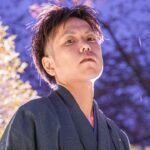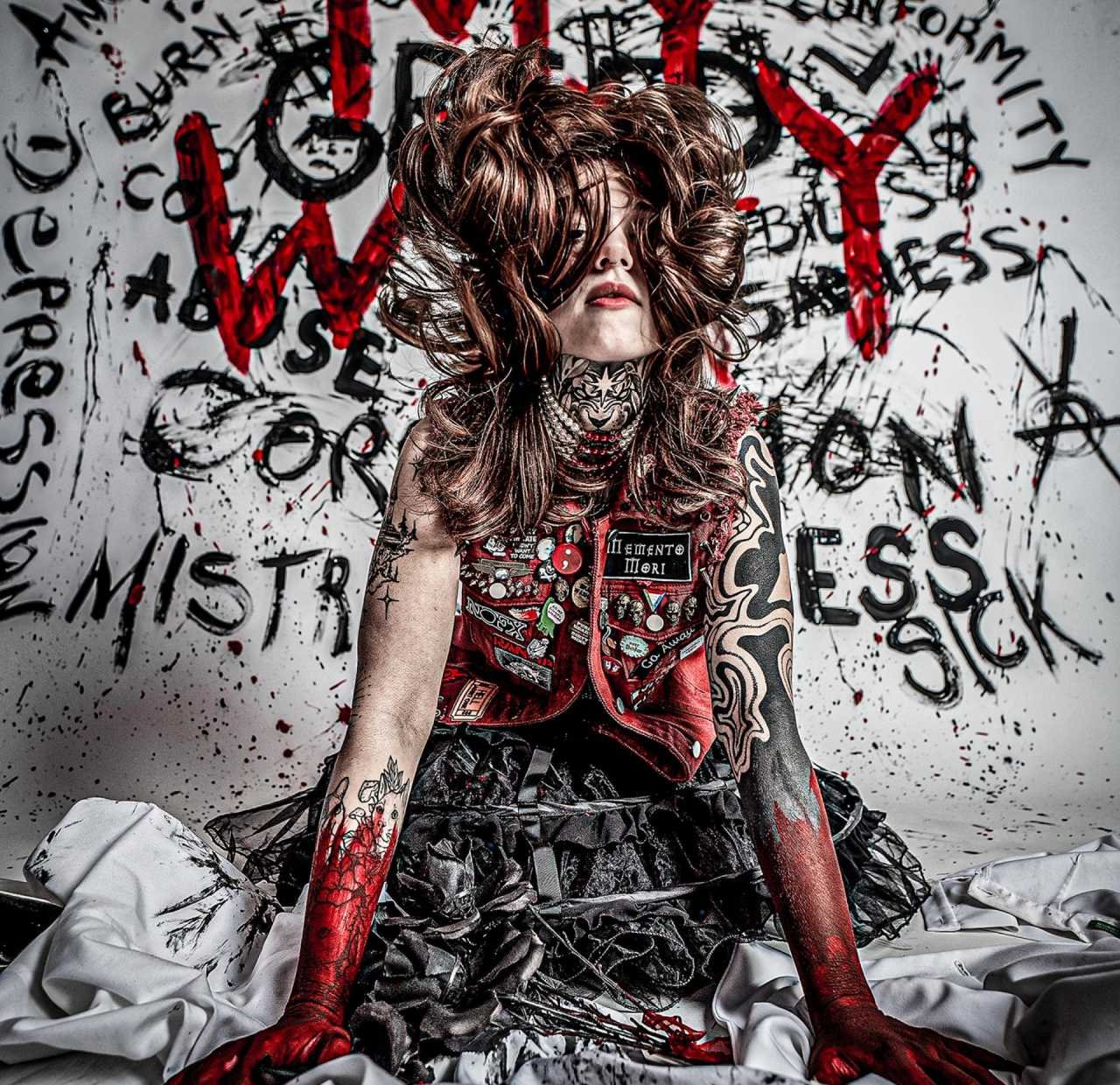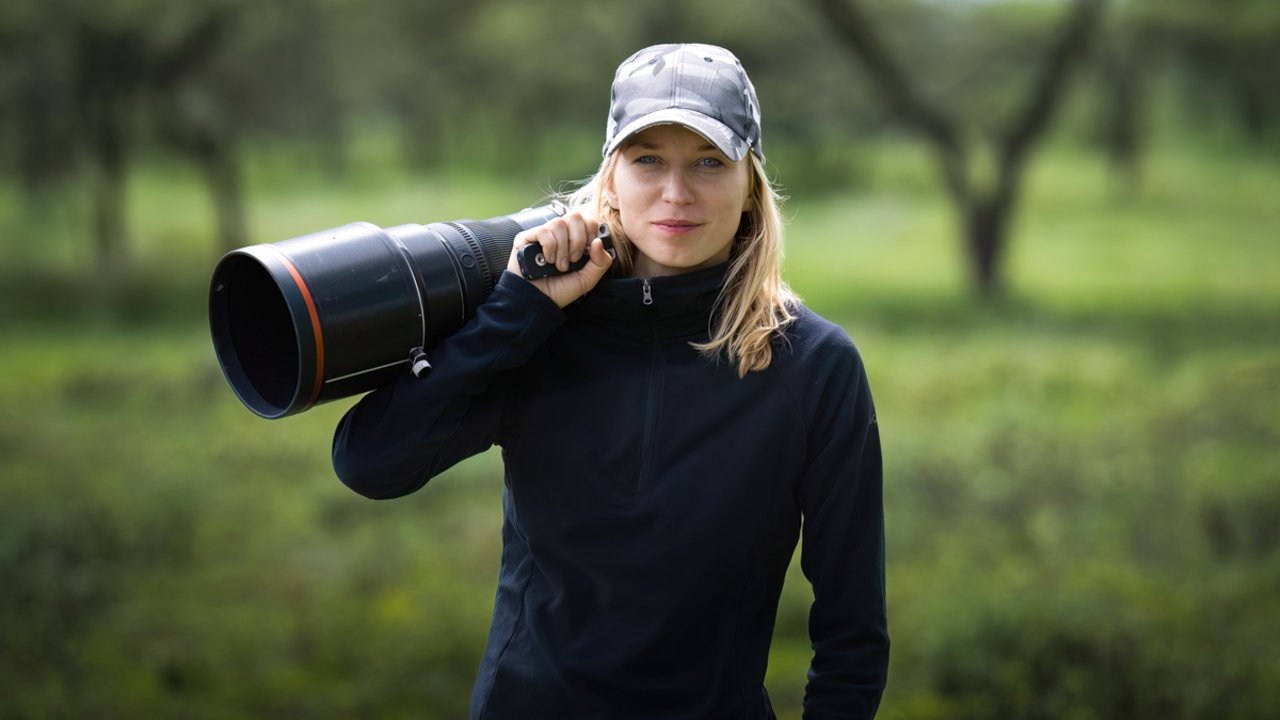1Congratulations on winning in the London Photography Awards! Can you share a little about yourself, what inspired you to pursue photography, and how has your journey evolved since your first shot?
I've always had a camera around my neck, and for years, I didn't know that I was a photographer. In 2015, I took a trip with my wife, and our tour guide showed me how to use a DSLR, and I haven't looked back since. As I experiment with different photography styles, I've found my voice through art, captured by my images.
2Can you share the story or inspiration behind your award-winning piece? How does winning this award make you feel about your journey in photography?
I've been working on a monochromatic photography book, and I've done sets going all around the colour wheel. Some of my winning photos this year are from that book, Chrome Queen and Yellow. Then I have another project book about body image, where the Ashamed to Feel image will go.
And lastly, my Corporate Entrapment photo is part of a set that describes the progression of us, as people, when we join the Corporate Ladder, give our all, get burned and then decide to come back on our own terms.
Winning confirms that I'm on the right path, and that once my photo books are completed and published, the work in them is of the highest quality, starting from inception, through practice and finally execution.
3How do you decide which photo to submit for a competition?
I first look at previous winning photos from the platform I'm submitting to, so I can get an idea of the type of work the judges may be looking for. Then, look at my own catalogue and try to select the images that best meet the contest feel I get during that research, then hope for the best, as art is very subjective.
4What first made you pick up a camera?
The desire to capture and freeze time, the emotions of a moment, and being able to share and look back at those emotions and feelings.
5What’s your favorite type of photography, and why do you love it?
Currently, fine art portraits, as I take on the challenge to produce a concept, then create the entire attire to be used on those images, manipulate or modify the background, props, etc. It is a way to be involved in every aspect that is captured in that image. Every pixel captured came from an idea in my head and the work of my hands.
6What’s your go-to camera setup, and why does it work best for your projects? What’s your favorite feature?
For studio work, I use my Sony a9iii or my a7rV with my loyal Sony 24-105 mm f/4 lens and a setup of 3 lights and a backdrop. Then I start to play around, move things, add props, let the moment flow, and the muse guides me through the process, until I capture the image or images that I know represent the spirit of that session.
7If someone looked at your work, what’s the one thing you’d want them to feel?
Inspired, to feel, to think, to try something new or different.
8What was the most challenging part of capturing your winning shot?
Putting together the entire concept and creating the costuming.
9Is there a specific place or subject that inspires you the most?
No, I find inspiration everywhere. One day it may be a smile, or a person's eyes, another day it may be a flower or an animal, then I may see a dead leaf on the ground that makes me think of something else or come up with a new concept.
10Who or what has been your biggest influence in photography?
Lindsey Adler and her use of colours, Joel Grimes and his sharp and editorial portraits, and Joel Sartore and his ability to think outside the box and create a whole new category that didn't really exist before. Ansel Adams and his ability to create images that others didn't think should be possible.
11What message would you share to inspire photographers to participate in photography awards, and what advice would you give to help them excel in the competition?
Art is subjective; if it speaks to you, it may speak to the judges, and you can't win if you don't enter first.
12What’s one piece of advice for someone just starting in photography?
Practice and learn something every day. Don't ever think you already know all that you need to know, and don't stop trying new things just because they don't fit the norm. Be different, be yourself, create your own world.
13What role do editing and post-processing play in your creative workflow?
Not a big one, I like to create images in real life, practical effects, so what the camera captures is very much the same as what you see at the end. Most of the fun is creating the scene, the costume, and then seeing it come to life.
14How do you see technology, like AI, influencing the future of photography and your own approach?
It will speed some things up, break some new rules, and allow new creatives to do things with a different knowledge base as before. It will break barriers and will create new ones. We just need to adapt and grow.
15If you could photograph anything or anyone in the world, what would it be?
I would keep working with my team of art creators and would add a few more, and I would continue working on long term coffee table book concepts that will sit at a coffee shop or a spa and would someday inspire unsuspecting people to become artists and create things that do not yet exist.











